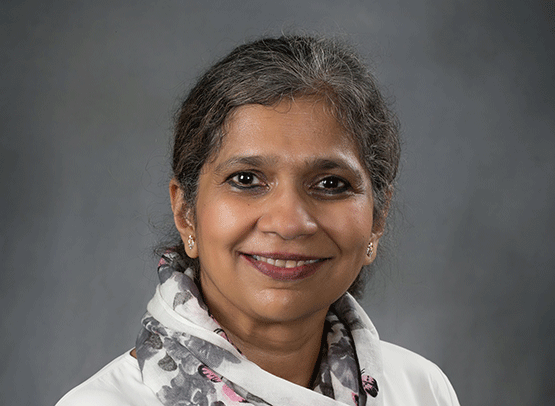news
Grief Awareness: Georgia Gwinnett College provides tips, resources

There is no one-size-fits all approach to dealing with grief, according to Dr. Jyotsna (Josi) M. Kalavar, professor of psychology and gerontology at Georgia Gwinnett College (GGC). The veteran educator, who teaches in both the psychology and human development and aging services programs at GGC, said that various factors impact the way humans grieve, especially when facing a loss of life.
“Everyone grieves uniquely,” she explained. “One person can grieve in many different ways, depending on the type of loss, circumstances of the loss, psychological closeness with the deceased, age of the deceased, length of relationship, one’s own spiritual outlook, etc.”
Kalavar said that loss often results in “a potpourri of emotions” which individuals must work through. Grief may be expressed in the form of guilt, sadness, confusion, disbelief, anger, betrayal, humiliation, and so much more. Sometimes, those who are grieving seek to immortalize the departed as a way of coping.
To effectively deal with those emotions, Kalavar suggests a number of strategies:
- Know what works for you. Some people need time and space to constructively work out feelings on their own. Others deal with the grief process by seeking outside support. “There is some grief work that is inevitable and which will take a toll, so be selective about spending time with those who are ‘socio-emotionally’ equipped to understand you,” Kalavar explained.
- Don’t make immediate decisions. Grief often brings with it an onset of strong emotions that cloud judgment and can result in rash, unfavorable decisions. “You should wait until the emotional storm subsides, and then examine your choices,” Kalavar said.
- Prioritize your health and wellbeing. Kalavar said the grieving process will take a mental and physical toll on your body. She emphasized, “You need a strong body to participate in the day-to-day emotional roller coaster ride.”
Finally, Kalavar noted that although many might see the expression of grief as a sign of weakness, it’s simply not true. It’s part of the process and those who are impacted will move forward in time.
“Eventually, the reality starts to set in that life is for the living,” she said. “Cherishing departed ones in a constructive and meaningful way is the only thing we can do.”
Along with death, grief can also result from changes in lifestyle, the loss of a job, widespread events like the COVID-19 pandemic and social unrest.
GGC, through its Counseling and Psychological Services (CAPS) department, has created videos that offer insight and strategies to cope with stress and anxiety that often result from grief.
